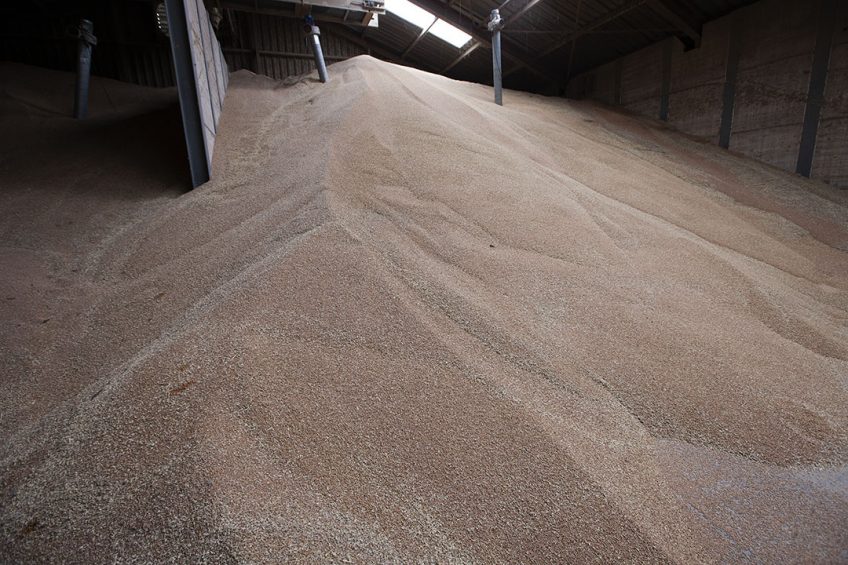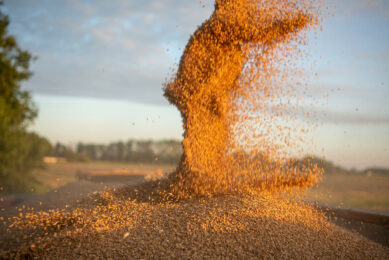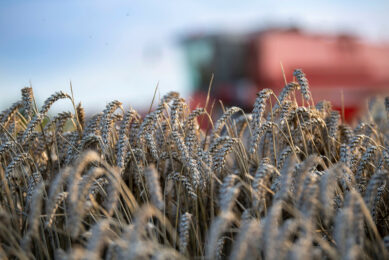Concern about frost impact on wheat

The effects of the (recent) fierce cold on the level of winter wheat in the Black Sea region and the United States can only be said after some time. Nonetheless, damage is assumed, especially in Russia and Ukraine.
The forward price for wheat remained stuck at the same level in Paris last week at around € 230 per tonne, for the May 2021 contract. We see the same price development in Paris for maize: small fluctuations within a price range at a high level.
Chicago also kept forward grain prices fairly stable.
Frost damage in Russia
The weather conditions in Western Europe are not unfavourable for the crop, Agritel reports. Wheat is doing well in France, according to the Agrimer Product Board for Agriculture and Fisheries. That is to say: 87% of the common wheat earns the designation good to excellent. That was only 64% around this time last year. Elsewhere, the situation is less flourishing. Around the Black Sea, particularly in Russia, the winter grain is experiencing frost damage, but to an extent that is not uncommon for this time of the season. According to market consultancy Sovecon, the recent cold snap was short enough to at least leave the crop untouched under snow cover. However, what lies beneath an ice crust is significantly more at risk of damage, a problem that also applies to wheat in Ukraine. The seriousness of the situation will only become apparent once the ice has melted. For the time being, Sovecon has reduced the forecast for the Russian winter wheat harvest by 400,000 tons to 53.6 million tons. Despite substantial plantings, that is much less than last season’s 60 million tons.
Export tax takes effect
The severe frost in the United States has caused a lot of damage, especially in the states of Texas and Kansas. The Netherlands Enterprise Agency reports that the damage to the wheat is being recorded, but that it appears to be better than expected.
Then some price developments from that region. Russia’s wheat exports will undoubtedly calm down in the coming weeks now that the heavy export levy of € 50 per ton has come into force. In Ukraine, the VAT rate for a wide range of agricultural products, including grain, has been reduced from 20% to 14%. This should give the agricultural sector a boost.
No frost problems in South America or Brazil. There, the soybean harvest is affected by excessive rain. That also stops the sowing of the second corn, the safriña.











